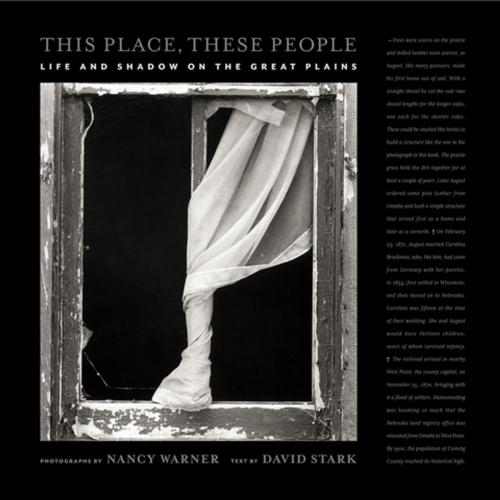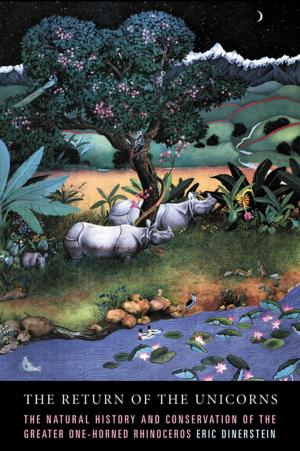This Place, These People
Life and Shadow on the Great Plains
Nonfiction, Art & Architecture, Photography, Pictorials, Photo Essays, Social & Cultural Studies, Social Science, Anthropology, History| Author: | David Stark | ISBN: | 9780231537902 |
| Publisher: | Columbia University Press | Publication: | November 19, 2013 |
| Imprint: | Columbia University Press | Language: | English |
| Author: | David Stark |
| ISBN: | 9780231537902 |
| Publisher: | Columbia University Press |
| Publication: | November 19, 2013 |
| Imprint: | Columbia University Press |
| Language: | English |
The numbers of farms and farmers on the Great Plains are dwindling. Disappearing even faster are the farm places—the houses, barns, and outbuildings that made the rural landscape a place of habitation. Nancy Warner's photographs tell the stories of buildings that were once loved yet have now been abandoned. Her evocative images are juxtaposed with the voices of Nebraska farm people, lovingly recorded by sociologist David Stark. These plainspoken recollections tell of a way of life that continues to evolve in the face of wrenching change.
Warner's spare, formal photographs invite readers to listen to the cadences and tough-minded humor of everyday speech in the Great Plains. Stark's afterword grounds the project in the historical relationship between people and their land. In the tradition of Wright Morris, this combination of words and images is both art and document, evoking memories, emotions, and questions for anyone with rural American roots.
The numbers of farms and farmers on the Great Plains are dwindling. Disappearing even faster are the farm places—the houses, barns, and outbuildings that made the rural landscape a place of habitation. Nancy Warner's photographs tell the stories of buildings that were once loved yet have now been abandoned. Her evocative images are juxtaposed with the voices of Nebraska farm people, lovingly recorded by sociologist David Stark. These plainspoken recollections tell of a way of life that continues to evolve in the face of wrenching change.
Warner's spare, formal photographs invite readers to listen to the cadences and tough-minded humor of everyday speech in the Great Plains. Stark's afterword grounds the project in the historical relationship between people and their land. In the tradition of Wright Morris, this combination of words and images is both art and document, evoking memories, emotions, and questions for anyone with rural American roots.















